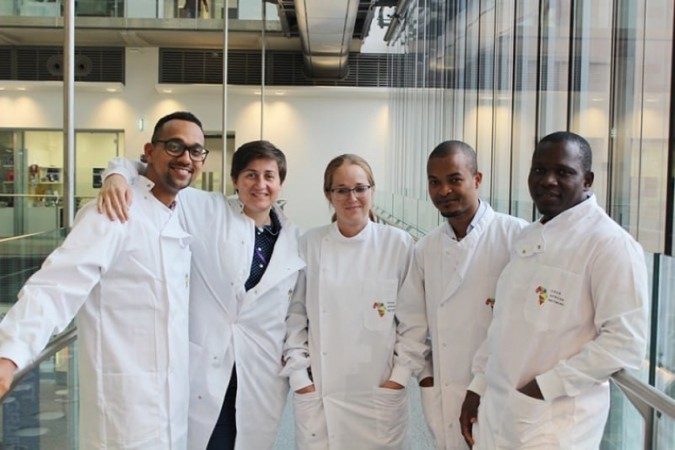
A pioneering collaboration between the Francis Crick Institute and LifeArc, in conjunction with five prominent African research institutions, has been forged to empower scientists working on unmet medical needs within their communities. This strategic partnership involves a substantial investment of £7.5 million, directed at bolstering the capabilities of African researchers and bridging the gap between fundamental scientific discovery and the development of vital diagnostics, vaccines, and treatments.
Known as the Crick Africa Network (CAN), this collaborative initiative was initially established in 2017 with the primary focus of combatting infectious diseases. The renewed partnership between the revered Francis Crick Institute, a biomedical research powerhouse, and LifeArc, a self-funded charitable medical research organization, will extend the CAN initiative for an additional five years.
Central to this initiative is the introduction of Career Accelerator Fellowships. These fellowships provide post-doctoral biomedical researchers with a unique avenue to propel their work into translational scientific programs, allowing them to emerge as independent scientists contributing significantly to Africa's scientific landscape. CAN Fellows will receive comprehensive support over a span of four years, anchored within one of the five partner institutions: WACCBIP at the University of Ghana, Stellenbosch University and the University of Cape Town (both in South Africa), MRC Unit The Gambia at LSHTM, and MRC/UVRI and LSHTM Uganda Research Unit.
The partnership between CAN and LifeArc introduces an innovative dimension in the form of Technology Development Fellowships. These fellowships equip African-based scientists with specialized training in science and technology platform management and development, fostering a thriving environment of technological innovation.
LifeArc's steadfast commitment to translational science adds considerable weight to the program's impact, ensuring that research conducted effectively addresses pressing medical needs and catalyzes innovation. Dr Mike Strange, Head of Global Health at LifeArc, expressed his enthusiasm for collaborating to create a more equitable and sustainable global health research ecosystem.
Since its inception, the CAN initiative has showcased commendable success. The inaugural cohort of CAN Fellows, established in 2017, has notched remarkable achievements, boasting 82 academic publications, securing over £11.6 million in grant funding, and supervising 97 students, thereby significantly fortifying the training capacity for future African scientists.
Peter Quashie, a former CAN Fellow, accentuated the significance of the leadership training embedded within the program. This training played a pivotal role in his career advancement and his ability to secure substantial funding for research projects.
This collaborative endeavour serves as a resounding testament to the commitment vested in nurturing African scientific talent, propelling research innovation, and proactively addressing pivotal medical challenges across the continent.
Article by RB Correspodent
Photo/Google

Comment